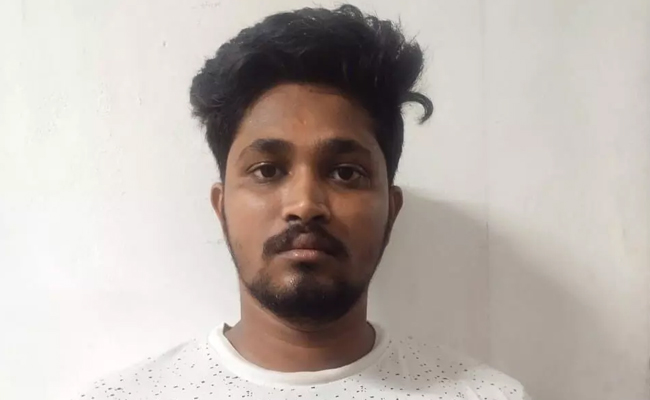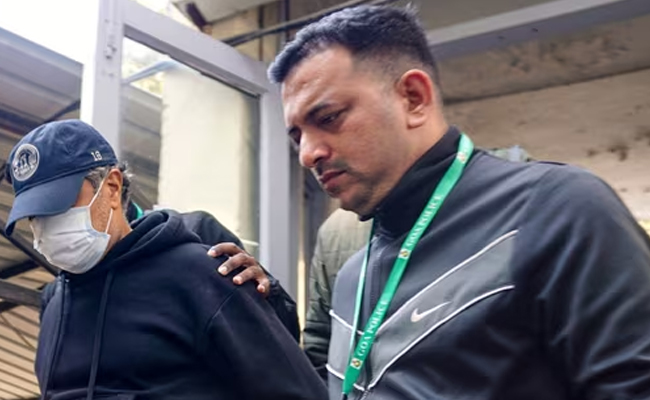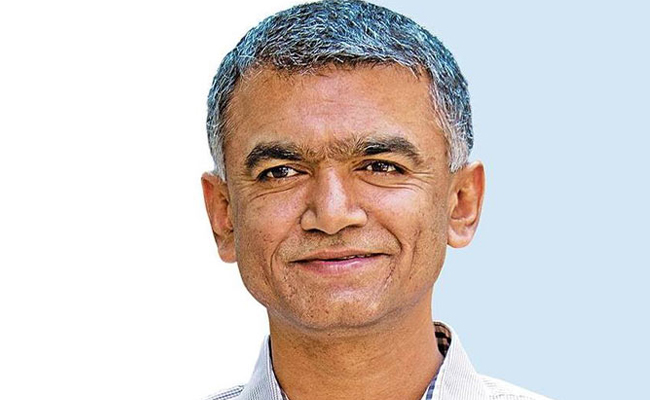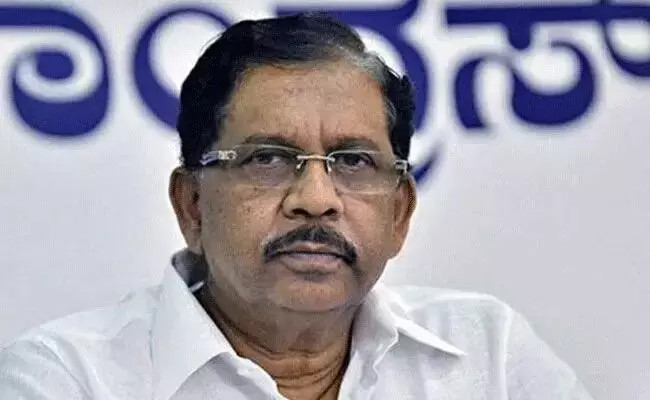Beijing (PTI): China has called for a "swift and fair investigation" into the Pahalgam terror attack and expressed support for its all-weather ally Pakistan in safeguarding its sovereignty and security interests amid Islamabad's rising tensions with India.
Chinese Foreign Minister Wang Yi on Sunday held a telephonic conversation with Pakistani Deputy Prime Minister and Foreign Minister Ishaq Dar, state-run Xinhua news agency reported.
Dar briefed Wang -- also a member of the Political Bureau of the Communist Party of China (CPC) Central Committee -- on the latest tensions between Pakistan and India "following a terrorist attack in the Kashmir region", it said in the report.
For his part, Wang said China was closely following the developments, stressing that combating terrorism was a shared responsibility of the entire world while reaffirming Beijing's consistent support for Pakistan's firm counterterrorism efforts, it added.
"As an ironclad friend and an all-weather strategic cooperative partner, China fully understands Pakistan's legitimate security concerns and supports Pakistan in safeguarding its sovereignty and security interests," the report quoted Wang as saying.
"China advocates for a swift and fair investigation and believes that conflict does not serve the fundamental interests of either India or Pakistan, nor does it benefit regional peace and stability," Wang noted.
China hopes both sides will remain restrained, move toward each other, and work together to de-escalate the situation, he added.
Dar emphasised that Pakistan had consistently and firmly fought terrorism and was against any actions that could lead to an escalation of the situation, according to the report.
Pakistan is committed to managing the situation in a mature manner and will maintain communication with China and the international community, Dar said, the news agency reported.
On April 23, China "strongly condemned" the brutal terror attack in Jammu and Kashmir's Pahalgam in which 26 people, mostly tourists, were killed.
"We strongly condemn the attack. China firmly opposes all forms of terrorism," Chinese Foreign Ministry spokesperson Guo Jiakun had told a media briefing.
"We mourn for the lives lost and express sincere sympathies to the bereaved families and the injured," he had said.
Separately, China's Ambassador to India Xu Feihong had also condemned the attack.
"Shocked by the attack in Pahalgam and condemn (it)," he had said in a post on X.
"Deep condolences for the victims and sincere sympathies to the injured and the bereaved families. Oppose terrorism of all forms," he had said.
Let the Truth be known. If you read VB and like VB, please be a VB Supporter and Help us deliver the Truth to one and all.
Bajpe: Police have arrested a youth for allegedly posting derogatory and defamatory content against the Bajpe police on social media.
The arrested accused has been identified as Abhishek M. (23), a resident of Katipalla, Surathkal.
According to the police, Abhishek posted a photograph of Bajpe Nisarga Hotel on his Instagram account mr_a_titude_22, alleging that accused persons in a murder case under the jurisdiction of the Bajpe police station were being treated “like royalty” by the police and were being served beef meals from the hotel every day. In his post, he further accused the police of colluding with criminals and misusing their authority, stating that public trust in the police was being betrayed.
Following which, the Bajpe police registered a case and arrested the accused.
Police records reveal that Abhishek is already facing multiple criminal cases. A case of murder, attempt to murder, assault and robbery has been registered against him at the Surathkal police station. At the same time, a robbery case has also been registered at the Kaup police station.
After his arrest, Abhishek was handed over to the custody of the CEN police for further investigation. He was later produced before a court, police said.

_vb_54.jpeg)



